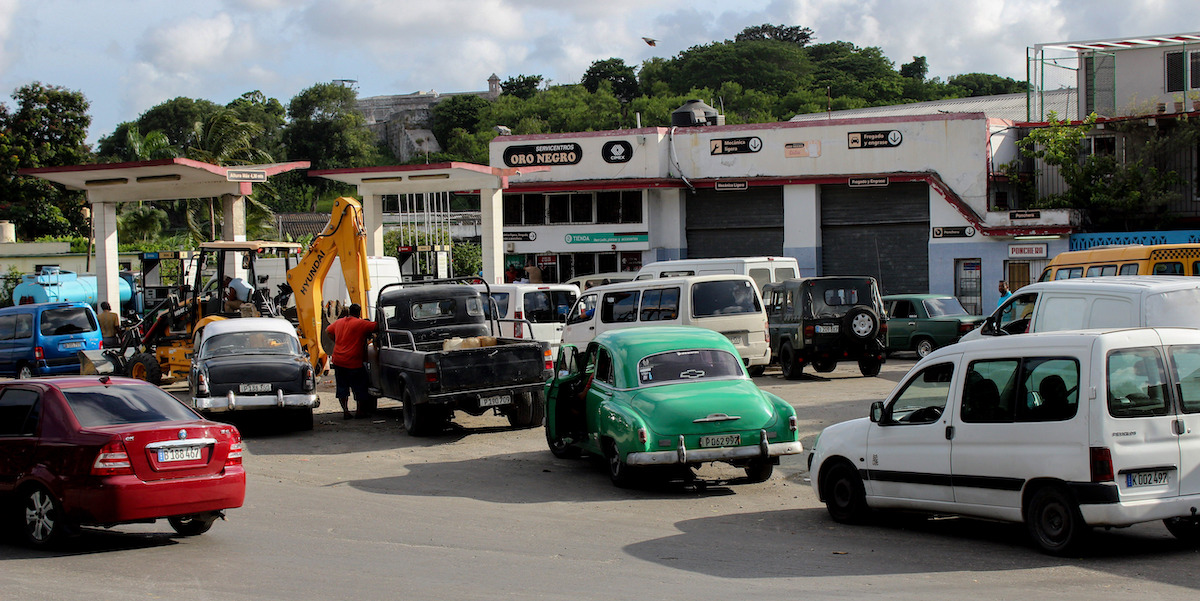Loading player
Thousands of people in Cuba on Sunday 17 March they demonstrated in various cities on the island against food and electricity shortages. According to a US company that checks network conditions, and according to the testimonies of many Cubans, at the same time as the protests the Cuban state telecommunications company limited access to the Internet from smartphones and other mobile devices. Most Cubans rely on mobile phone service to access social media as few have access to landline connections.
Sunday’s demonstrations were organized to protest against the ongoing serious economic crisis, due to which the island lacks food, basic necessities, fuel and electricity. The most important protests took place in Santiago de Cuba, the second largest city on the island, but they also spread elsewhere, including in Bayamo, the capital of news province in the southeast. They seem to have arisen spontaneously mainly due to yet another blackout due to maintenance work on the Antonio Guiteras thermoelectric power plant, the largest on the island.
The recent demonstrations were also the most significant after those of 2021, when tens of thousands of Cubans took to the streets to demand the resignation of the government of President Miguel Díaz-Canel, Cuba’s first leader since the 1959 revolution who does not belong to the Castro family. On that occasion the Cuban government responded with violence by sending police in riot gear for the first time in decades and arresting around a thousand people. Plus the government block Internet access for several hours, to prevent the dissemination of images and videos of the protests and to prevent protesters from organizing online.
San Francisco-based monitoring company Kentik said a similar situation to 2021 occurred during Sunday’s demonstrations and that the drop in internet traffic lasted about five hours. The Washington Post wrote that the Cuban embassy did not respond to their request for comment on the blocks, which however did not prevent several images and videos from circulating online, especially through the social profiles of journalists and activists living abroad.
Freedom! Freedom! It can be heard in the streets of El Cobre in Santiago de Cuba and Bayamo at this time.
🚨ALERT We receive reports of the deployment of special forces (black wasps) to repress the people.
— Rosa María Payá A. (@RosaMariaPaya) March 18, 2024
In Cuba, owning a mobile phone only became legal in 2008 and the spread of data traffic on smartphones began in 2018: previously, Cubans had to connect to overloaded and very expensive public networks, which made uploading photos and videos almost impossible.
Cuban President Miguel Díaz-Canel spoke of the protests saying they are the result of the economic embargo against Cuba imposed by the United States. The embargo was eliminated in 2014 by Barack Obama as part of a broader re-establishment of diplomatic relations, but was then reinstated in 2017 by Donald Trump, who imposed new restrictions on movement and trade between the two countries. Joe Biden’s administration has maintained the embargo for now, although it has announced its intention to review it in the future. Díaz-Canel also said the government would try to meet the protesters’ demands.
